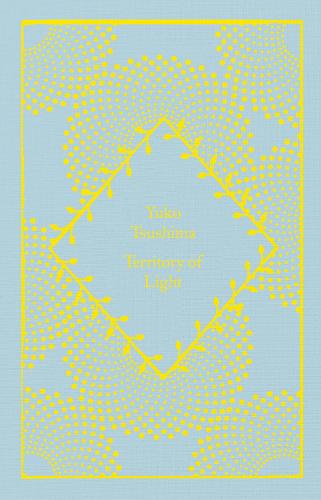The narrative boldly portrays a mother’s complex emotions including self-pity, anger, and confusion, reflecting a realistic and raw depiction of depression and exhaustion. It captures the contradictory feelings of love and resentment in motherhood with unflinching honesty.
This review appreciates the book's candid, uncensored depiction of a mother struggling with intense and conflicting emotions such as self-pity, anger, and diminished self-esteem. The reviewer acknowledges that while some readers might judge the protagonist as a neglectful mother, the portrayal feels authentic and consistent with the mental state of someone overwhelmed by depression and exhaustion. They note the mother’s ambivalence—moments of fierce love contrasted with feelings of resentment and guilt toward her daughter’s behavior, likely influenced by the father’s sudden absence. The reviewer finds the emotional complexity compelling, especially how the mother’s dreams and desires contrast with her maternal role, adding depth to the story’s exploration of motherhood.
Quick quotes
This is bold, brassy, uncensored description of wallowing in self-pity, anger, desire for revenge, confusion and loss of self-esteem.
There are hints throughout that the mother is feeling in equal parts resentful and guilty about her child’s problem behaviour.
There are moments when she clutches to her daughter in bed with animal ferocity and love.
